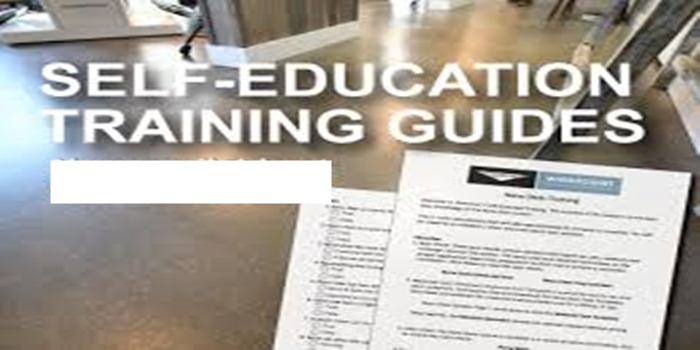In this article, we discussed the meaning of self-education system, the features, the examples and we also talked about the importance.
Definition
“My Self-Education System” refers to a personal approach to acquiring knowledge and skills independently, without relying heavily on formal education. It involves identifying learning goals, finding resources, and actively engaging with the material to gain expertise. This system can encompass a wide range of methods, including reading, online courses, practical experience, and networking.
The Features of a Self-Education System:
Goal Setting:
Identifying specific areas of interest and defining what one wants to learn.
Resourcefulness:
Finding and utilizing diverse resources, such as books, online courses, and real-world experiences.
Time Management:
Allocating time for learning and making it a consistent part of daily life.
Active Learning:
Engaging with the material in a way that promotes understanding and retention, such as through practice, teaching, and self-testing.
Personalized Approach:
Adapting learning methods to suit individual strengths and learning styles.
Motivation and Discipline:
Maintaining focus and perseverance in the face of challenges.
Continuous Improvement:
Regularly evaluating progress and making adjustments to the learning plan as needed.
The Examples of Self-Education System:
- Setting Goals and Structuring Learning:
Define your objectives:
What do you want to learn or achieve through self-education? Be specific and measurable.
Create a plan:
Outline the resources, methods, and timeline you’ll use to reach your goals.
Prioritize and allocate time:
Self-education requires discipline. Schedule specific times for studying and learning.
- Leveraging Resources:
Online learning platforms: Utilize resources like Coursera and Udemy for structured online courses.
Libraries and books: Explore the Port Harcourt City Library or purchase books on your chosen topics.
Online resources: Utilize the internet for research, tutorials, and discussions.
Local experts and mentors: Seek out individuals in your community with expertise in your area of interest.
- Engaging in Active Learning:
Active recall and spaced repetition: Regularly revisit and quiz yourself on learned material.
Teaching others: Explaining concepts to others solidifies your understanding.
Practice and application: Apply your learning to real-world situations or projects.
- Creating a Supportive Environment:
Design a dedicated study space: Choose a quiet and comfortable location where you can focus.
Build a community: Connect with other learners online or in person for support and discussion.
Manage your time effectively: Use time management techniques to stay on track and avoid procrastination.
The Importance of Self-Education System:
Elaboration:
Personal Growth:
Self-education empowers individuals to explore their interests, develop new skills, and expand their knowledge base, leading to greater personal fulfillment and self-confidence.
Professional Advancement:
In today’s rapidly changing job market, self-education is crucial for staying relevant and acquiring in-demand skills, potentially leading to career advancement and higher earning potential.
Lifelong Learning:
Self-education encourages a continuous pursuit of knowledge and learning throughout one’s life, fostering intellectual curiosity and adaptability.
Flexibility and Personalization:
Unlike formal education, self-education allows individuals to learn at their own pace, focus on their interests, and adapt the learning process to their specific needs and goals.
Access to Information:
The internet and other online resources make a wealth of information readily accessible, enabling individuals to learn virtually any topic they choose, anytime and anywhere.
Improved Cognitive Skills:
Self-directed learning can enhance critical thinking, problem-solving, and analytical skills as individuals actively engage with information and seek out new knowledge.
Conclusion
A “My Self-Education System” emphasizes the importance of personal, proactive learning for individual growth and development. It’s a system where individuals take charge of their learning journey, acquiring knowledge and skills beyond formal education. This self-directed approach fosters flexibility, allows for personalized learning paths, and encourages lifelong learning, ultimately contributing to both personal and professional advancement.


